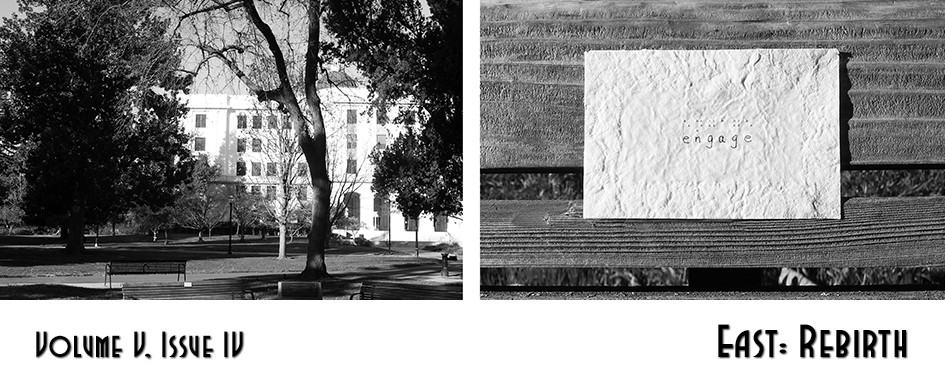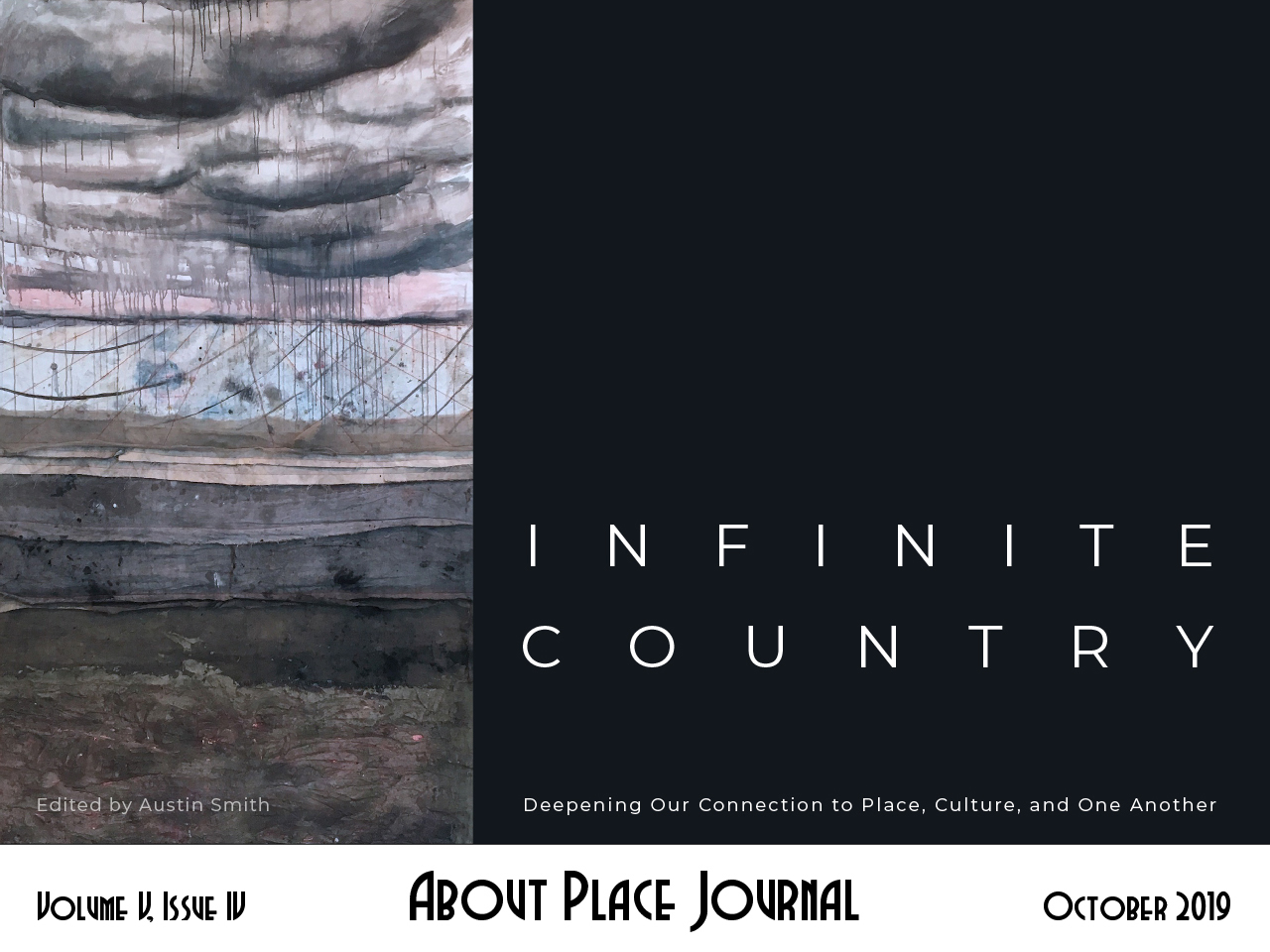Since moving to the sleepy town of Quannei, I most look forward to two things: my Wednesday hike followed by a mid-week shower and leaving on Friday afternoon. The former should be unexpected because of where I come from. As a New Yorker, I have never learned to appreciate the great outdoors. The feel of mulch beneath my feet makes me feel queasy and street smarts acquired over the years compel me to be on guard when I am alone. Quannei, which translates to “inside the circle,” forces me to change. I have to find ways of entertaining myself, especially when the internet goes down.
One of these newfound joys, besides hiking and hot showers, is looking out of the window. My room, one of several concrete blocks beside the town’s school, overlooks countless mountain ranges. The Chinese province of Yunnan is one of the most mountainous areas in the world. Towns are established in every cradle between the mountains. The most diverse ethnic groups in China have settled at the summit or the base. The creases of these mountains support countless cultures and lives. Little Red Mountain, as my students call it, is across the highway that runs from Lincang, the nearest city, to the more rural towns to the east. My view is rarely obstructed by the occasional truck or motorcycle. But today, my attention is not on the mountain, but on the apartment across the street. On sunny days the family across the street lets their mentally incapacitated son onto the balcony. He is one of the only locals in the town around my age; the rest have gone to the surrounding cities to work. His father calls him back into the house, and after pausing, he disappears into the apartment.
I always leave for my hike around noon. After the midday bell goes off, the town begins its siesta. I pack a canteen of boiled water that has cooled all morning, one of my last granola bars, and a phone that won’t have service as soon as I cross the highway. During the siesta, I don’t have to deal with any stares or invasive questions. To get to the mountain I first have to walk over a small landfill. Beneath it lies a tributary that is brown with red sediment, trash, and shit.
After crossing the highway, the dirt trail slopes aggressively. On either side, green and yellow bok choi grow in neat rows. The Chinese do not waste, and any arable land has been terraformed. There are fresh motorcycle tracks. The only footprints are my own. My REI boots leave a distinct mark in the red earth. An old woman with skin like brown leather tends to one of the fields.
Hike a mountain enough and you start to come up with your own landmarks. The twin trees mark my halfway point. They stand wretched and twisted, eerily similar in their distortion. Thick leaves burst from the branches. This vantage point is where the town becomes small, obscured behind the leaves. Walking further up, the mountain ranges overtake the sky. There is nothing here but peaks and valleys and the tiny towns between them. They are connected – extensions of one another. The wires bring power to the valleys and the gravestones that begin to appear are the only signs of life.
The people here bury their dead as close to the sky as possible, just as the Tibetans do. The graves dot and line this plateau, where I can take a much-needed break. The stone graves are often hidden among lush greenery, or concealed in dry brush. I reach into my bag and pull out a hard cigarette case. Inside is a poorly rolled spliff with flecks of mahogany tobacco protruding from one end. I light it and smoke it, enjoying the contrast between the two flavors sourced directly from the Yunnanese earth. The ancestors won’t mind.
Though the path continues onward, becoming increasingly treacherous, my personal summit is just past the twin trees and the graves. There is no one up here and there will not be for some time. Before I learned to take advantage of the siesta, I ran into merchants balancing buckets on their shoulders as they went from town to town, but now I am alone. My timing is perfect. It hadn’t rained, so my boots aren’t caked with thick, mountain mud like they were a few weeks ago. This hike tells me I have grown in more ways than one. I extinguish the spliff against a rock, put it back in my case, and begin the journey back to Quannei.
There is one part of the descent that frightens me most: a steep, almost vertical path riddled with holes. These deep gashes are violent acts of erosion. The tan dirt here always seems wet, even when it has not rained for days. There’s nothing to hold onto. It’s about muscle memory. You have to pick a side and stick to it. My lucky side is the left side. I read somewhere that balance stems from the core. This helps.
I have spent more time on the mountain that I had expected to, almost one and a half hours. The school looks bigger at this altitude and each time I realize it’s a significant part of the town. The woman in the fields is still working and the children are playing in the schoolyard, energized from their naps. A steam-powered truck passes. The children see me from the yard; they are calling my name. Many of them have gathered at the edge of the yard, watching me. I wave at them. At the landfill, trash is being burnt, and short, brown men in torn wife beaters toss it into the river. The smell of burning trash is not putrid, but the smoke that rises from it suffocates. I cover my eyes and mouth and cross the landbridge. I wave at the store owners, many of them my students’ parents. They ask me where I had gone. I tell them about the Little Red Mountain. They think I am strange. They think all foreigners are strange.
When I enter the yard, my students surround me and begin their chorus of questions. I tell them where I have been and promise they can go there, too, if they behave. There is a wave of excitement and lots of grabbing of my clothes and hands. But just like that, they are gone. Something else has their attention, some students practicing a minority dance, rigid and stiff, on the newly erected stage. Lo-fi recordings of ethnic songs resound from the megaphones tied to tall, brown poles. A big, red Communist banner hangs above the stage.
One of my students, Emmanuel, stays behind. He is a 3rd grader with a smile several times larger than his big ears. As he smiles, his eyes begin to disappear in the creases of his face. In America, he would have been diagnosed with ADHD by now. He grabs my hand and asks me a question I do not understand. I come up with an answer that satisfies him. He runs away and I tell the older students that I have business to attend to. To get away from Chinese interaction, a strong but general excuse is necessary.
From the balcony outside the door, I hear students reciting the Chinese syllabary. Bo, po, mo, fo. It is reminiscent of monks’ chanting, but instead of invoking bodhisattvas they assign sounds to now-meaningless ideograms. The older students read aloud as a group, assigning meaning to ideograms representing the sounds the younger students are learning to make. I move my ashtray from the small wooden table to balcony and light a cigarette, careful not to let my students see me smoking. They are surrounded by enough men who smoke.
The bell rings and the children laugh and shriek after sending off their teacher with a request for dismissal. They run into the yard. Children are dancing. Some of them are waving. If I squint, I think I can see the twin trees. The gravestones remain a secret resting place. I wave back and return to my room and shut the door. The mountains remain behind it, unmovable and secretive. As I close the window on the south side of my room, the boy across the street seems to notice me. We look at each other for a few seconds and then I close the window, self-conscious of the fact that I am doing to him what the villagers do to me. I tell myself I mean no harm, that I am just curious. Maybe that’s how the villagers comfort themselves, too.


